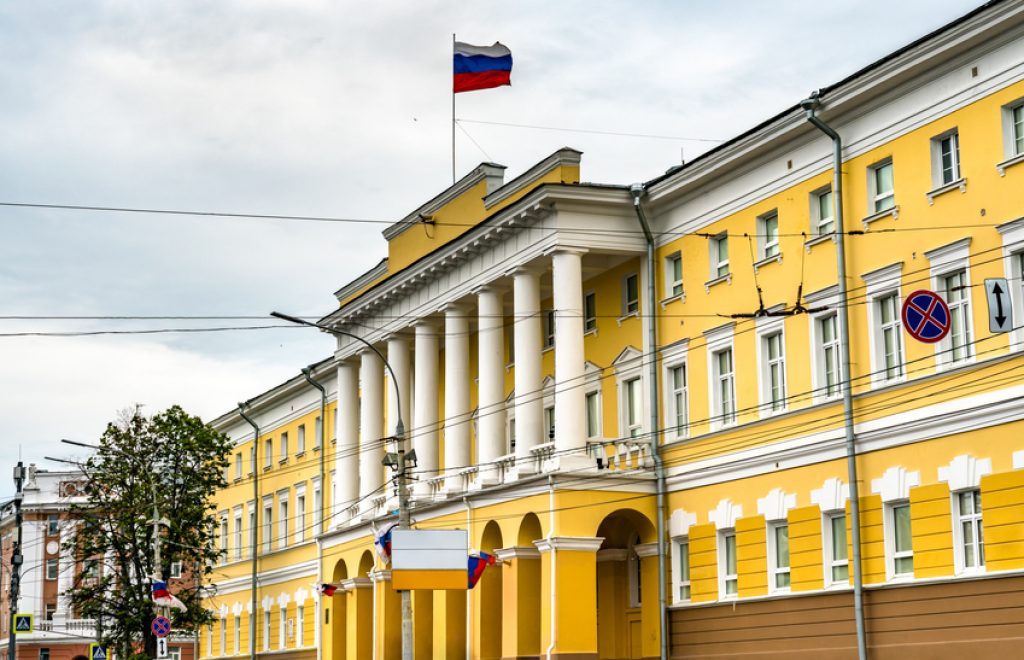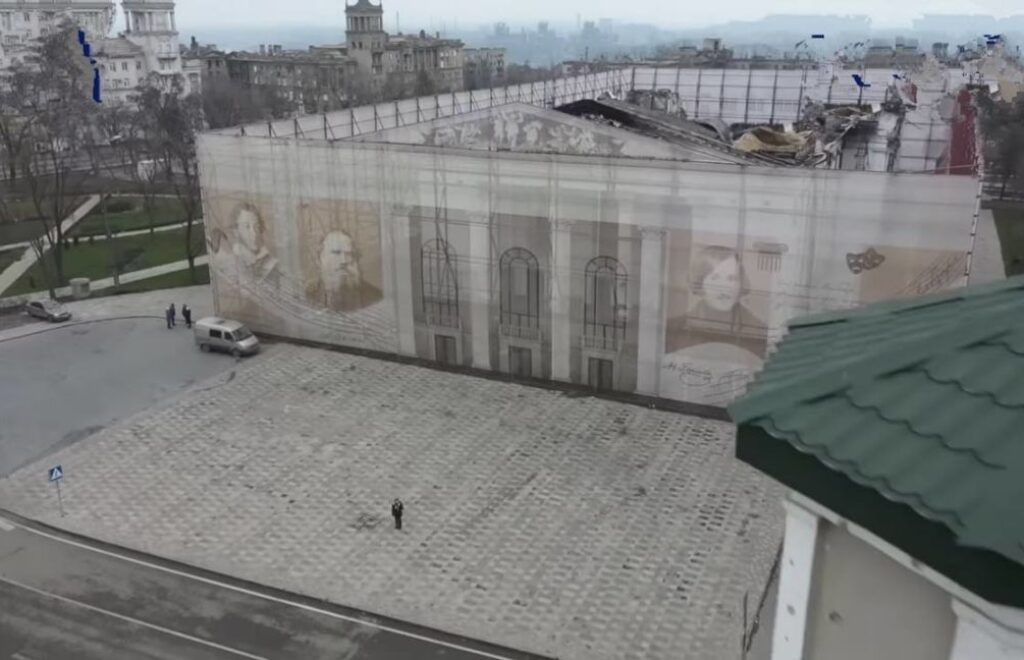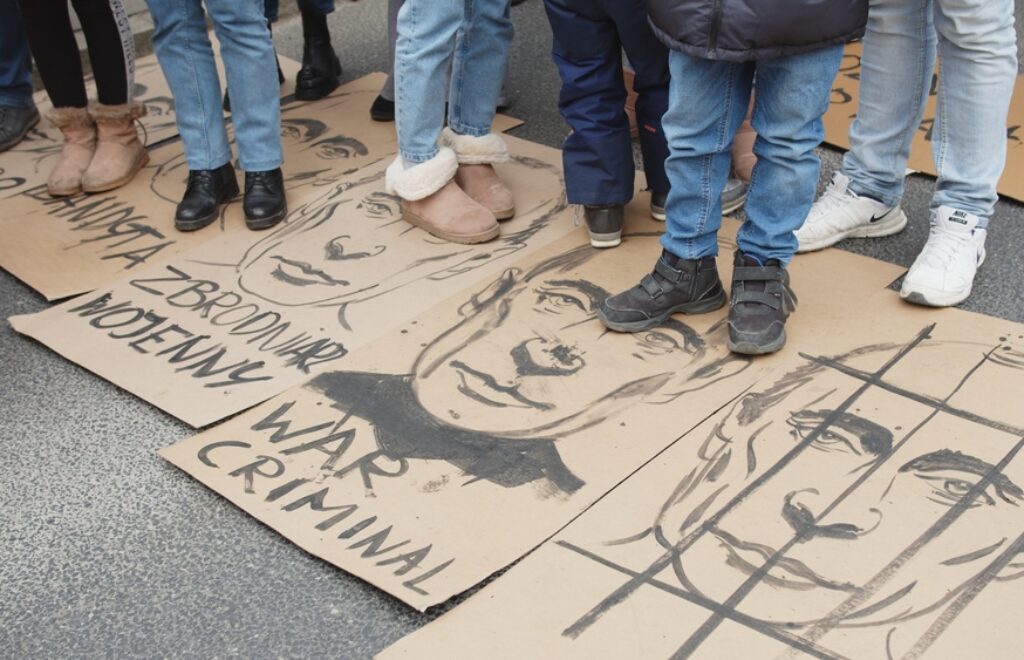Rethinking Russian, East European and Eurasian Studies in the West
After Teresa Reilly took Russian classes for her bachelor’s degree requirements, she was keen to learn more of the language and decided to apply for a master’s programme that would allow her to spend more time in Russia. In autumn 2021, she enrolled in the Erasmus Mundus master’s degree in Central and East European Studies, Russian and Eurasian Studies, with the aim of spending the second year of her studies in Nizhny Novgorod, Russia. This would allow her to hone her language skills and work on her thesis, which was focused on a post-colonial view of the relationship between NATO and Yeltsin’s Russia.
September 11, 2023 - Veronica Snoj




































